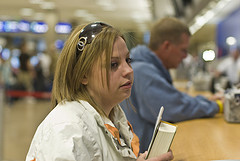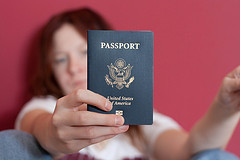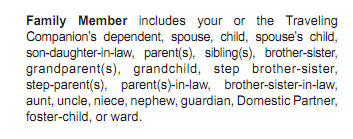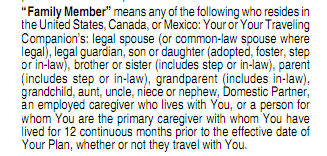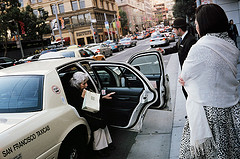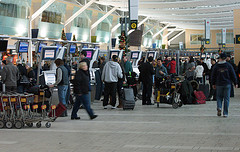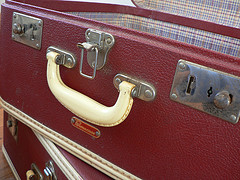 Whether you are traveling to a remote location or simply walking around a new and unfamiliar city, there are risks. Â The following are the top 7 useful travel survival tips culled from the experts.
Whether you are traveling to a remote location or simply walking around a new and unfamiliar city, there are risks. Â The following are the top 7 useful travel survival tips culled from the experts.
- Carry less to show you have less to steal than others around you. A single small backpack (wear it on your front in crowded areas) means you are more agile and have your hands free. If you don’t look like you have anything useful to steal, thieves will move on to better targets.
- Similar to number 1: dress to fit in, not to impress. Flashing expensive clothing, cameras, jewelry or luggage is a sure way to draw attention to yourself – unwanted attention. The kind of attention that identifies you as a target for thieves.
- Avoid high-risk areas. When you get to a new place, you’ll want a map. Visit an official tourist office to get a map and ask the person on duty to highlight the areas you should avoid. If you can, try to verify those highlights with the clerk at your hotel too (just in case the person at the tourist office is less than honest).
- Don’t require the use of your phone in remote areas. Where coverage may be limited, your phone’s battery will drain much quicker. If your phone dies or breaks, you’ll want alternative means of getting around and finding what you need to find (think paper maps and hand-written notes).
- Don’t panic in an emergency. If your plane has to make an emergency landing, or you encounter a civil riot, or you leave something important in a taxi, panicking is only going to make things work. Understand what ‘brace for impact’ means, stay away from civil demonstrations because as peaceful as they look at the start, they can quickly become violent, and take your time exiting a taxi.
- Tell someone where you’re going. If you’re going off the grid for a time, let a friend or family member back home know where you’re going (as specifically as possible) and when you plan to return. Also, let them know who to contact if they don’t hear from you when they are supposed to. National parks usually have a ranger station where it’s useful to check in and out, for example. Friendly innkeepers are usually happy to note when you are expected to return and call for help if you don’t return when you should.
- Be prepared. Take the time to think about and research the risks for your destination and be prepared. The risks you face can be as simple as loss of power in your hotel on a short weekend trip to New York City. See our tips for what should be in your travel emergency travel kit. For a remote adventure, see our list of essential travel products for off-the-grid trips.
Of course, we also recommend you think carefully about and purchase travel insurance for your trip. If you’re not sure what you need, see our Travel Insurance 101.


